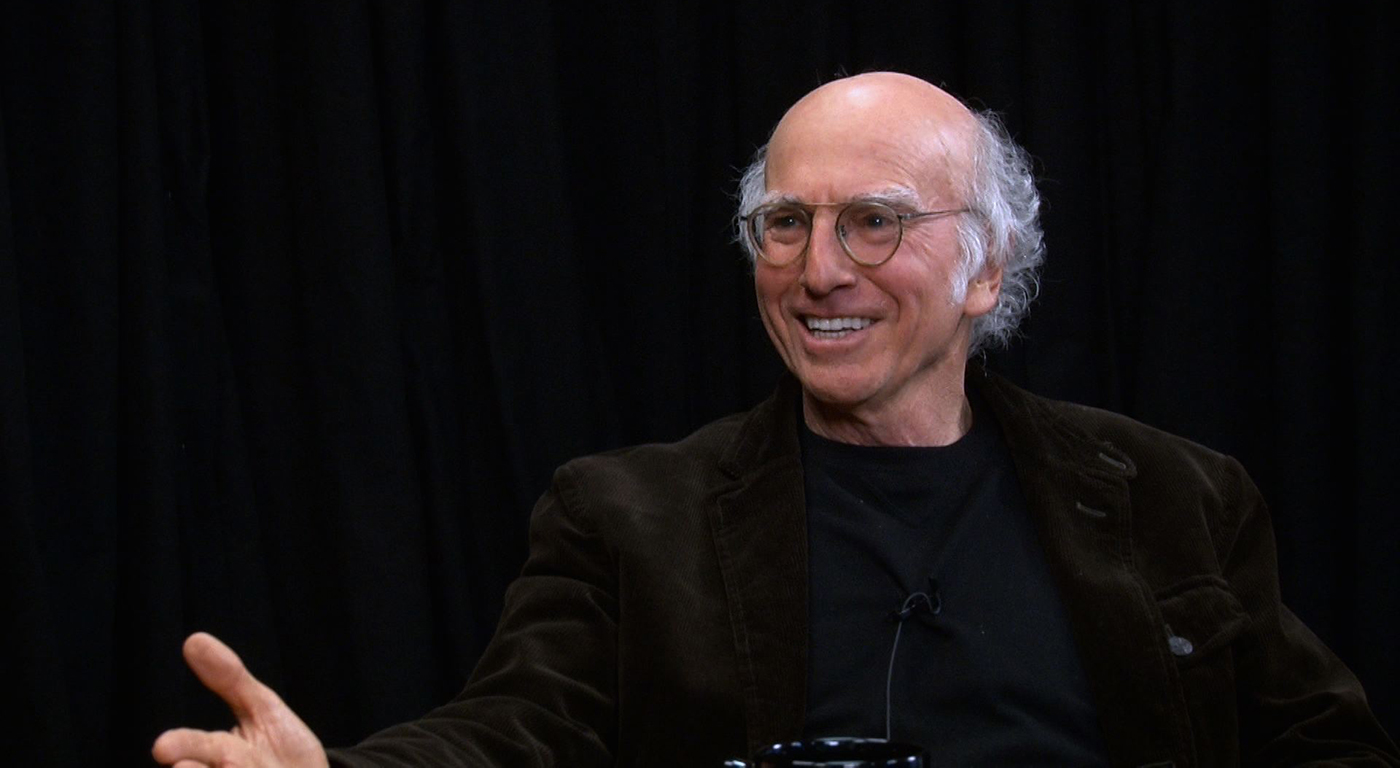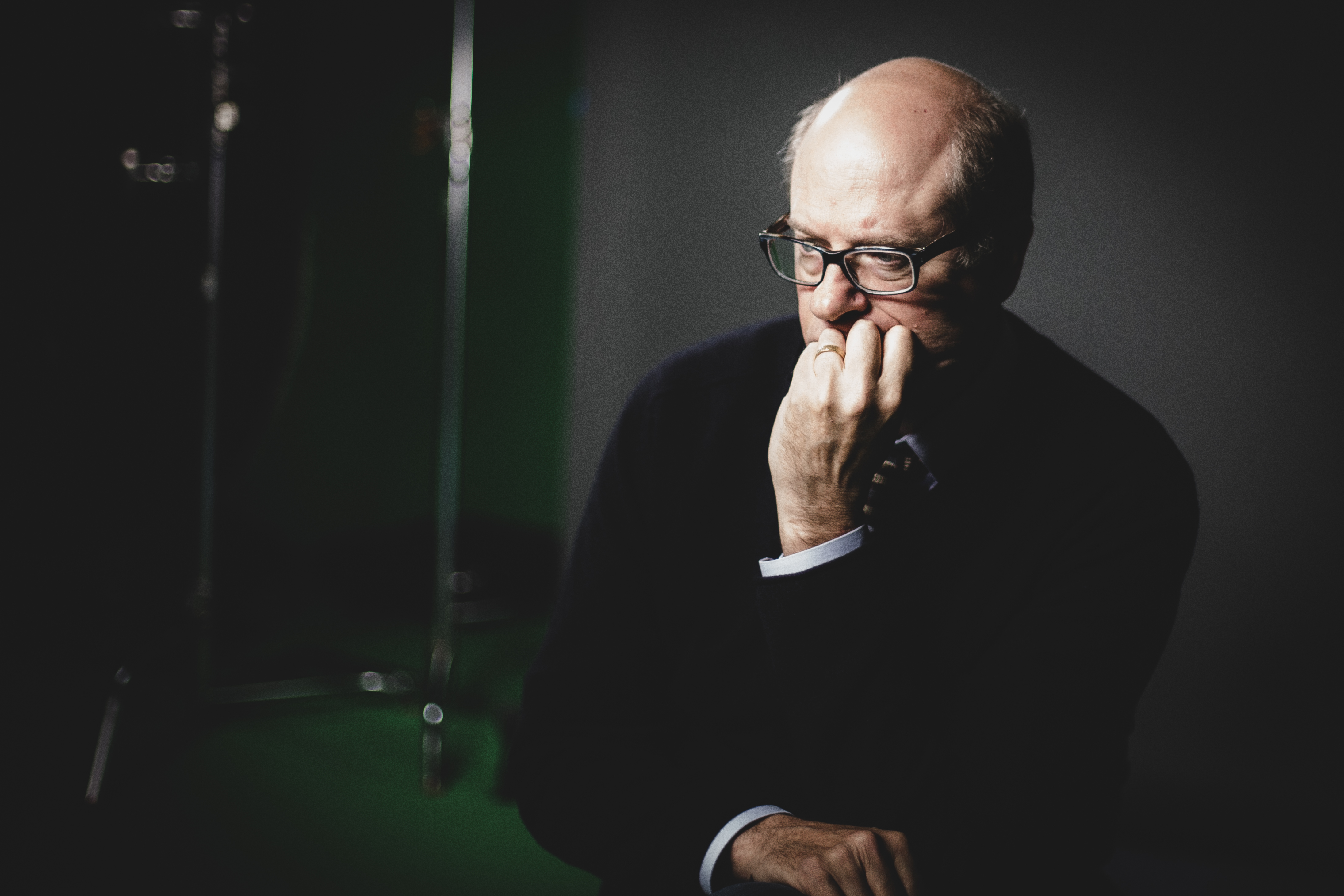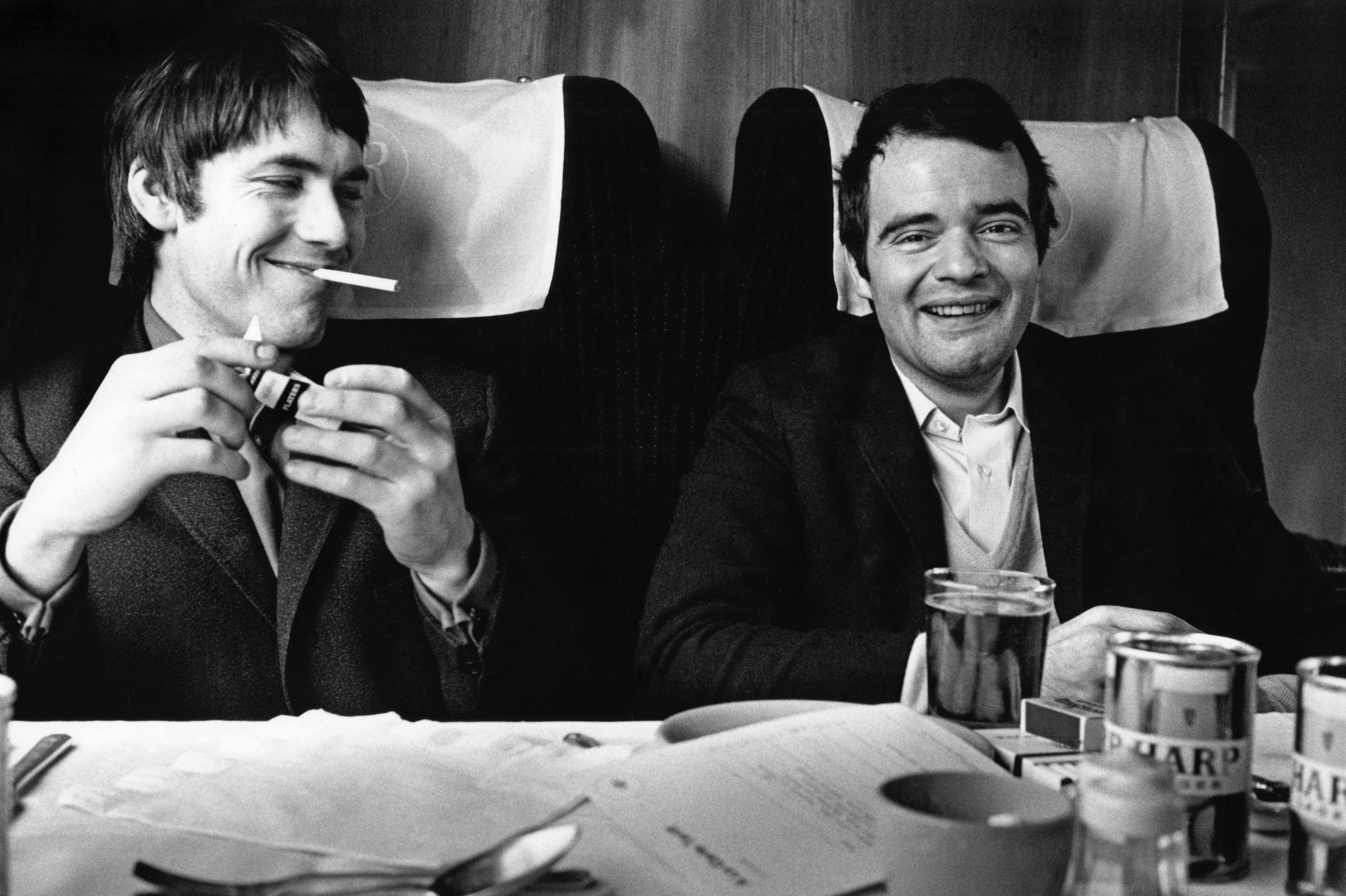“Do you have to be miserable to be funny?” That’s the question at the center of Kevin Pollak’s documentary, signaling a somewhat different approach to the culture of comedy and comedians. (A veteran stand-up performer himself, Pollak also acts on TV and in films including The Usual Suspects.) With Robin Williams’ startling suicide still a fresh wound (the film is dedicated to him), it’s a fair question and a serious one. If comedy is tragedy plus time, is stand-up comedy a kind of higher math used to survive that equation?
As Pollak interviews 50-plus practitioners of his trade, his talkshow-generic questions are both serious and softball. He gives his subjects an opportunity to go any which way they want with their answers—generally yielding more comedy than tragedy. (A partial roster includes Amy Schumer, Jimmy Fallon, Janeane Garofalo, and Christopher Guest.) Their reasons for taking the stage aren’t new or surprising: getting noticed, attracting attention (or at least positive attention), riding the rush of the performance high, propping up self-esteem, etc. In aggregate, from their varied backgrounds, a different and perhaps darker portrait emerges. Is there a higher percentage of depressed and damaged people in comedy than regular society? If so, is it because comedy offers an alternate form of therapy? And if comedy is a drug, as more than one comedian confesses, is performing actually healthy—or a means of avoidance? All these question are touched upon, but Pollak doesn’t push them to dig deeper.
Clearly these folks are going put a comic spin on any response. That’s what they do, and that’s why audiences will go see them in the clubs or Pollak’s movie (his first) in theaters. As a director, Pollak is genuinely sympathetic and interested in his subjects, some of whom—Tom Hanks, Judd Apatow, Lisa Kudrow—have left the circuit for other comedy outlets. Are those healthier outlets? Again, Pollak isn’t a probing interviewer, but he manages to get a few subjects to open up.
Still, Misery Loves Comedy is more party than postmortem. It’s also about as conventional as can be: a series of interviews with the occasional flashback photo. There’s no performance footage, just personal reflections and war stories of the stand-up circuit. There’s a good film yet to be made about the connection between misery and comedy. Until then, you’ll have to settle for amusing and periodically insightful.
film@seattleweekly.com
MISERY LOVES COMEDY Opens Fri., May 1 at Sundance Cinemas. Not rated. 94 minutes.







